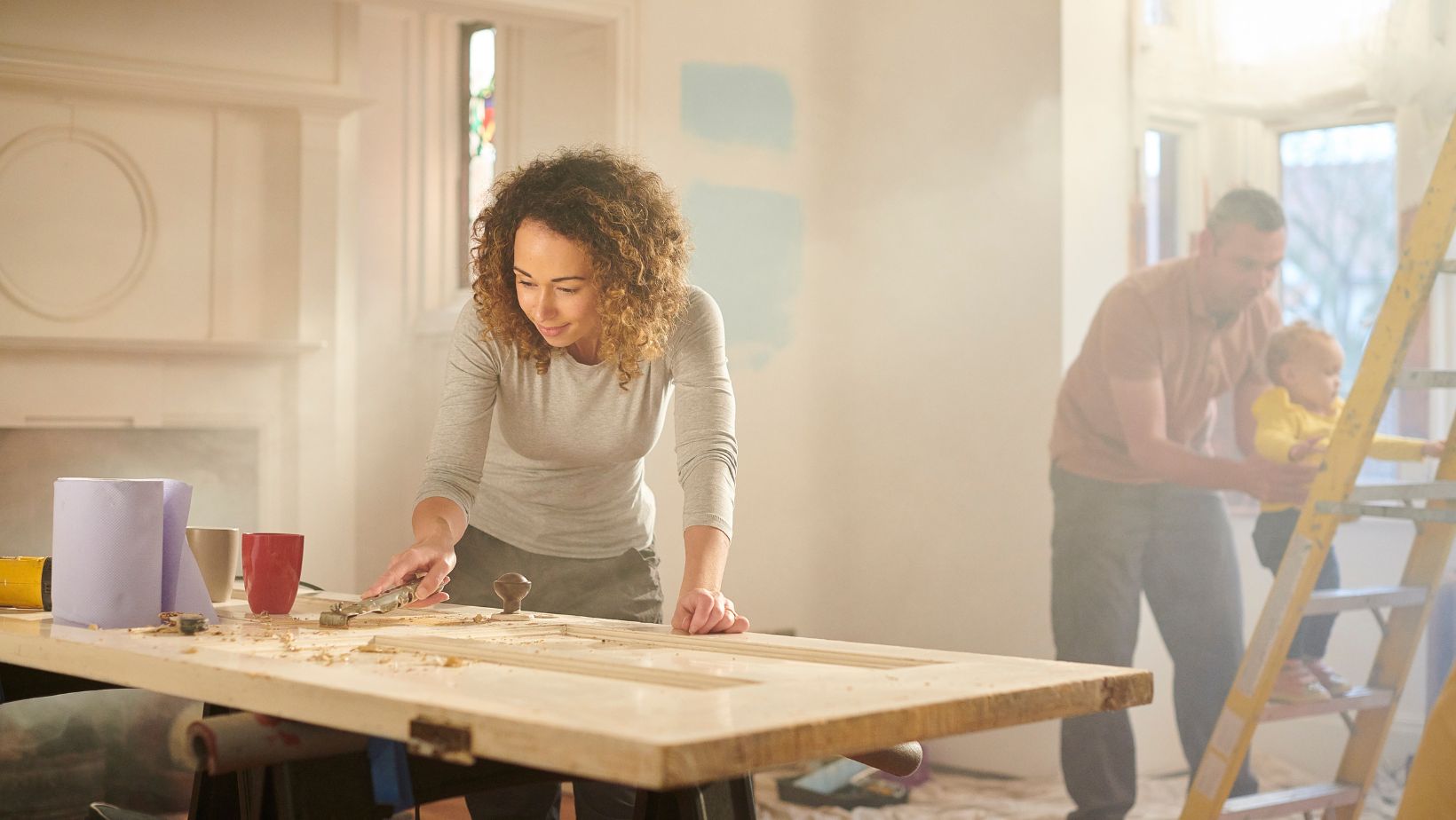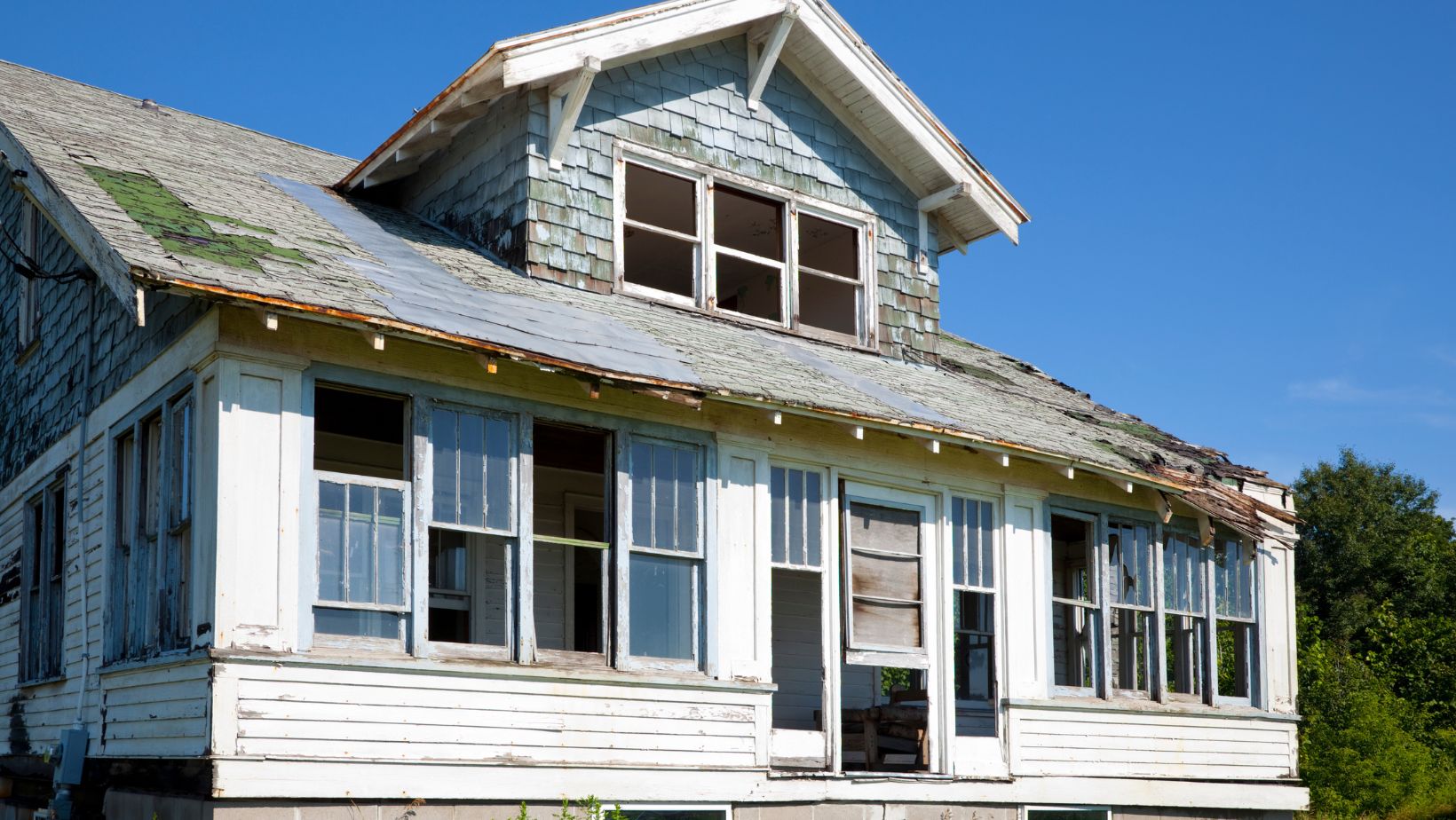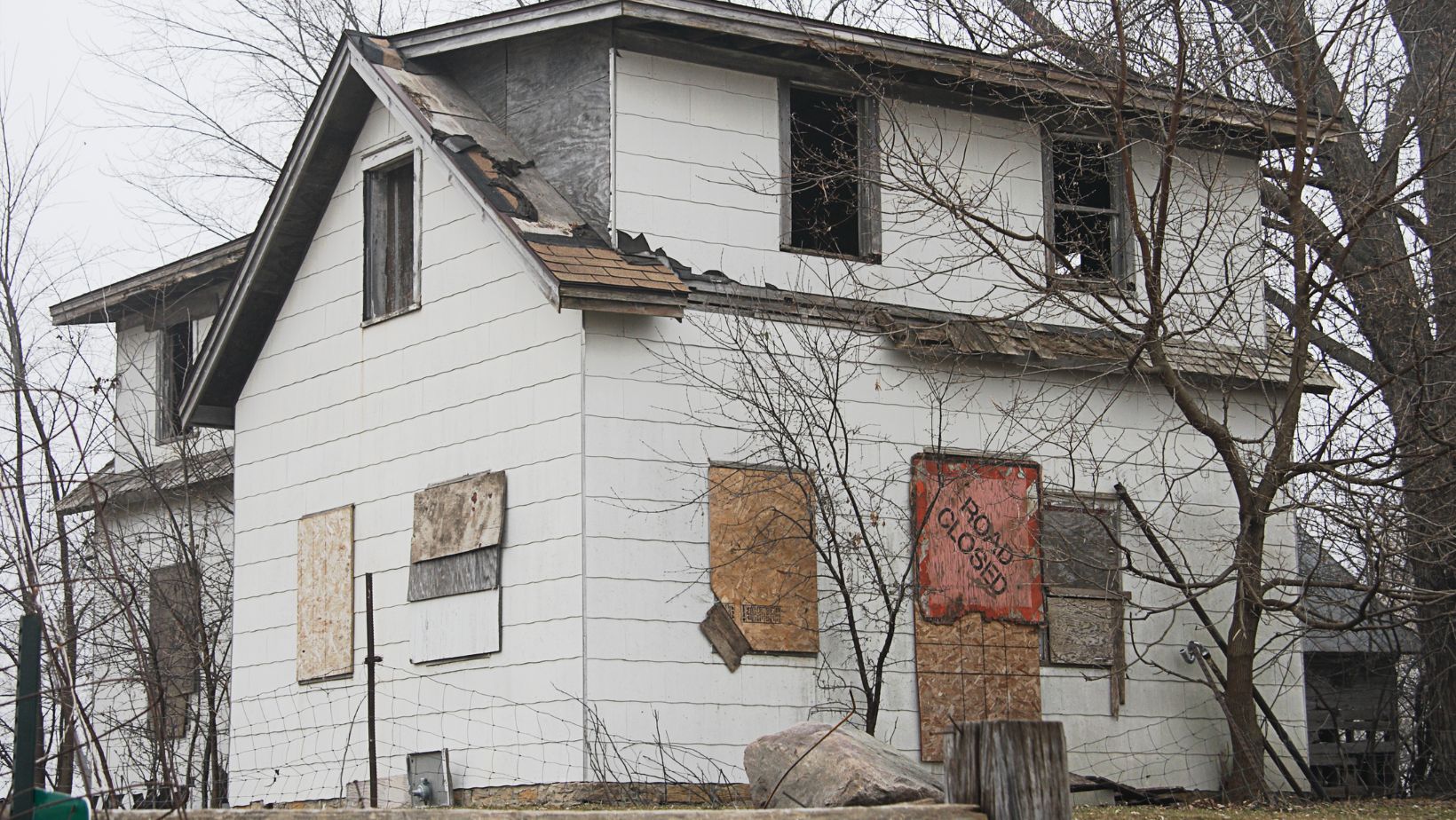
Buying a fixer upper home offers the unique opportunity to transform a property into a dream home while potentially unlocking significant value. For many homebuyers, the allure lies in customizing every detail to fit their needs and tastes. However, it’s crucial to approach this journey with eyes wide open. One must weigh the pros and cons including costs renovations might incur and the time investment required.
A successful fixer upper purchase starts with thorough research and planning. Homebuyers should consider important factors such as location structural integrity of the property and renovation costs versus the home’s potential market value post-renovation.
Buying a Fixer Upper Home
Defining a Fixer Upper

A fixer upper home stands out as one that requires either minor or significant repairs, updates, or remodeling to become fully functional or visually appealing. These homes often sit below market value due to their condition, making them attractive investments for those willing to put in the work. From outdated kitchens and bathrooms to more substantial structural issues, fixer uppers present a unique set of challenges and opportunities for potential homeowners. The extent of repairs needed can vary widely; some houses might need a new coat of paint and minor updates, while others require complete overhauls.
The key to understanding what makes a property a fixer upper lies in assessing its condition compared to other homes in the neighborhood. Factors such as age, neglected maintenance, and outdated design features typically contribute to a home being labeled as such.
The Appeal of Fixer Uppers
Fixer uppers attract various types of buyers, from seasoned investors looking for their next project to first-time homeowners aiming to enter the housing market affordably. The appeal often centers around three main factors:
- Cost Savings: One of the most compelling reasons people opt for buying a fixer upper home is the potential cost savings. These properties are usually priced lower than move-in-ready homes in the same area, providing an opportunity for buyers with limited budgets to purchase larger homes or homes in more desirable locations than they otherwise could afford.
- Customization Opportunities: Buying a fixer upper allows homeowners to customize their space exactly how they want it without paying for previous owners’ upgrades that might not align with their taste. Whether it’s knocking down walls for an open concept layout or updating fixtures and finishes, these homes offer a blank canvas for personalization.
- Investment Potential: For many, the allure of turning a profit down the line is irresistible. With strategic improvements, homeowners can significantly increase the value of their fixer upper properties above and beyond what they spent on repairs and renovations.
Financial Considerations
Planning Your Budget
Before taking the plunge, potential homeowners should thoroughly assess their finances. Setting a clear budget for both the purchase price and renovation expenses is vital. Unexpected costs like portable toilets rental fees often emerge during renovations, so including a contingency fund in your budget is wise. Typically, experts suggest setting aside an additional 20% of the total renovation budget for unforeseen expenses.
Financing Options
Several financing avenues are available for those looking to buy and renovate a fixer-upper:
- FHA 203(k) loans offer a streamlined process by combining the home purchase and renovation costs into one loan.
- Home Equity Lines of Credit (HELOCs) leverage the existing equity in your home.
- Personal loans can be an alternative if other financing options aren’t viable due to less stringent requirements but usually come with higher interest rates.
Choosing the right financing option depends on personal financial situations, credit scores, and long-term investment strategies.
How to Assess a Fixer Upper Before Buying

Buying a fixer-upper home can be an exciting opportunity to create your dream property while potentially saving money. However, it’s crucial to assess the condition of the house thoroughly before making an offer. This section delves into key considerations and steps in evaluating a fixer-upper.
Firstly, enlist the help of a professional home inspector. They can uncover hidden problems that might not be visible during a casual walk-through. From structural issues to outdated electrical systems, a comprehensive inspection report provides invaluable insights. Remember, some renovations like plumbing or electrical work can significantly increase your budget.

